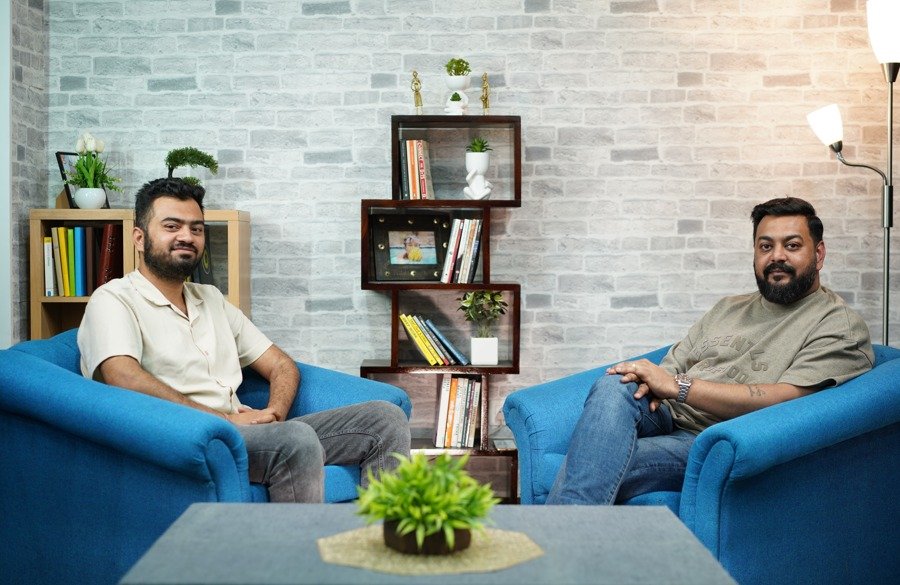DELHI, June 3, 2025 —Dismissing India’s quick-commerce (Q-commerce) advancements as superficial or lacking innovation is a fundamental misreading of the sector’s complexity and global relevance, said exit entrepreneur and business leader Siddharth Shankar during a recent interview.
Responding to criticisms that Q-commerce platforms are merely glorified delivery services, Shankar emphasized that India’s achievements in this space represent a rare instance of scalable and sustainable innovation in a highly competitive global market.
“I believe such comments are blown out of proportion,” he stated during a wide-ranging interview. “Q-commerce in India is not only viable—it is one of the few proven models that have scaled efficiently anywhere in the world.”
While major economies like the United States, the United Kingdom, France, Germany, and Singapore have invested heavily in similar ventures, they have largely struggled to achieve lasting impact. Even countries with similar demographic or labour cost advantages—such as China, Indonesia, and the Philippines—have found it difficult to replicate India’s outcomes.
Shankar, who founded and led Tails Trading into one of the world’s largest consumer brand portfolio enterprises, is credited with building a global distribution network across 150,000 customers and 285 brands. In 2024, he successfully closed a $500 million transaction for the company’s consumer brand arm, marking one of the largest exits by an Indian entrepreneur in recent years.
He argued that India’s Q-commerce model stands out due to the strength of its underlying systems. “The tech stack that powers these services is exceptional. It’s the product of years of investment, iteration, and deep understanding of local consumption behaviour. We are not just delivering groceries—we are delivering predictability, reach, and convenience at scale.”
Responding to the broader criticism that India’s tech sector focuses more on adaptation than invention, Shankar contended that innovation must be viewed in context. “True innovation doesn’t always look like a lab prototype. In India, we innovate to solve real market inefficiencies—supply chain constraints, affordability, and user access. This approach is practical and deeply rooted in economic relevance.”
He further urged Indian entrepreneurs to avoid comparisons with economies like China or the U.S. “Every country operates at its own rhythm. India’s evolution from post-independence rebuilding to becoming one of the world’s largest economies is a powerful narrative of resilience and adaptation,” he said.
Offering advice to young founders, Shankar added, “Put your blinkers on and focus on your work. Don’t let external voices distract you from building real value.”
The conversation took place on Karostartup, a prominent platform that has chronicled over 5,000 startup journeys and reached more than 1 billion viewers. Known for amplifying the voices of entrepreneurs across tier 2 and tier 3 cities in India, Karostartup continues to serve as a vital forum for India’s emerging startup community.
Author Profile
Latest entries
 Business2 January 2026Rungta Tea Marks 24 Years with 92% Distributor Retention, Outlines Ambitious Expansion
Business2 January 2026Rungta Tea Marks 24 Years with 92% Distributor Retention, Outlines Ambitious ExpansionData2 January 2026Digital Terrain Database Market Set to Reach USD 3.8 Billion by 2033
 Business18 October 2025Start Your Drone Business: Aquiline Drones Franchise Program for Veterans
Business18 October 2025Start Your Drone Business: Aquiline Drones Franchise Program for Veterans Doing business3 June 2025India’s Q-Commerce Growth Underscores Market-Driven Innovation: Siddharth Shankar
Doing business3 June 2025India’s Q-Commerce Growth Underscores Market-Driven Innovation: Siddharth Shankar













